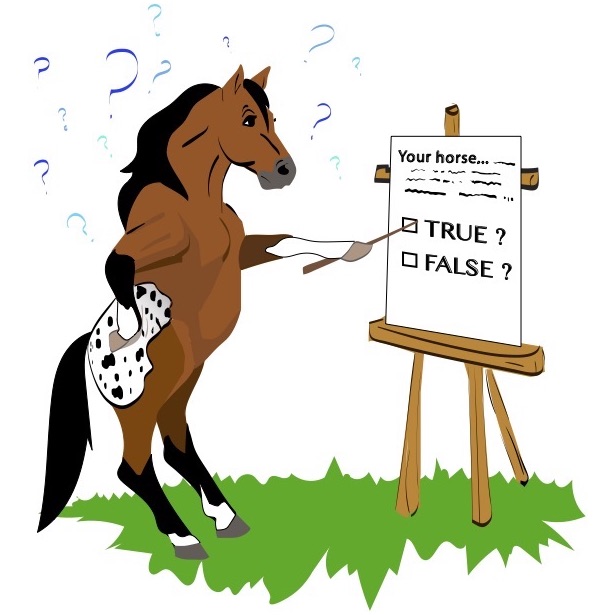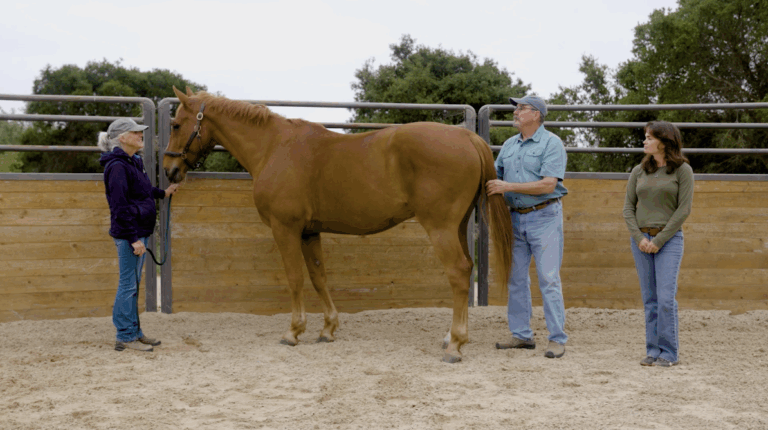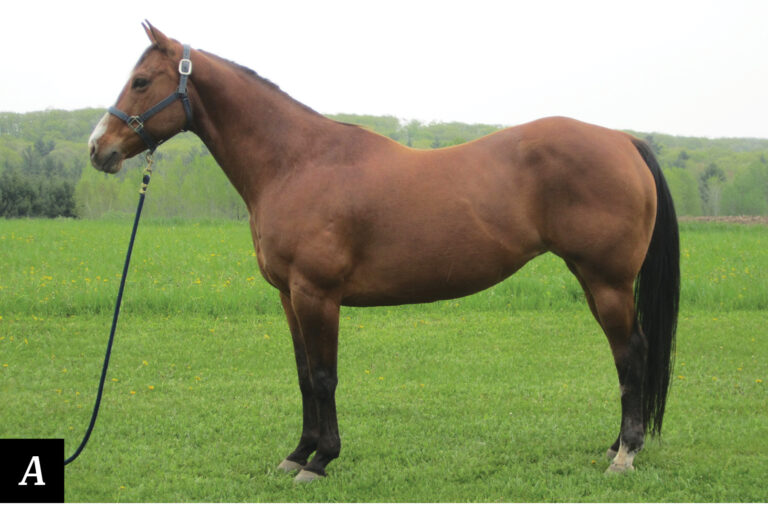
1.True or false: An “easy keeper” is a horse whose diet you don’t have to worry too much about.
T / F
2. True or false: Your horse’s B vitamins are produced by the bacteria living in his large intestine.
T / F
3. Feeding fat to your horse can help him gain weight and…
A) grow a more beautiful haircoat.
B) avoid tying-up syndrome.
C) both A and B.
D) none of the above.
4. Hemp seeds, which come from a plant closely related to marijuana, are…
A) high in THC, a psychoactive substance.
B) extremely nutritious for horses.
C) unavailable in the United States.
HOW’D YOU DO? (Answers below.)
1. F is correct. You definitely should fuss over the diet of an easy keeper in order to prevent obesity and its potential side effects, such as laminitis and equine metabolic syndrome. (Here’s help: A vet’s key advice for protecting your easy-keeper.)
2. T is correct. Most, if not all, of your horse’s B-vitamin needs are met by production in his own body, with remaining needs usually supplied by reasonably nutritious hay or pasture. If your horse has poor-quality hooves, you may want to consider supplementing his ration with 20mg per day of biotin (a B vitamin) to support the health of the hoof wall. (More must-know basics on vitamins and minerals for your horse.)
3. C is correct. In addition to providing extra energy, a measured amount of fat in your horse’s diet can improve his haircoat and help him avoid tying-up syndrome, or equine rhabdomyolysis. (Get the low-down on adding fat to your horse’s rations.)
4. B is correct. Though hemp is part of the cannabis family, it contains little to no THC, the psychoactive substance found in marijuana. But hemp seeds are extremely nutritious for horses, with high levels of healthy omega-3 fatty acids. (Learn more about hemp-derived products for horses.)
Hey! Not already receiving H&R’s fun and informative newsletter? Sign up right now for The Ride.




